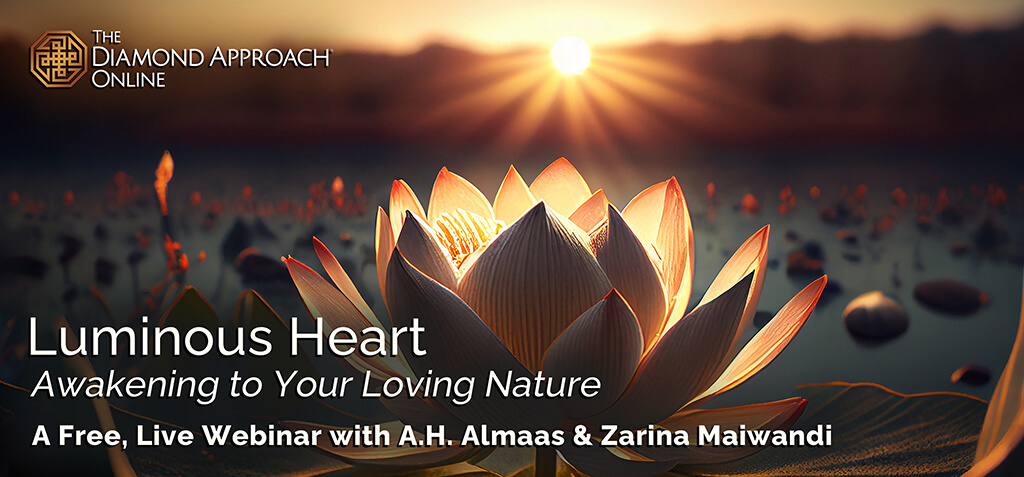
Why does the search for love—of parents, spouses, friends—never seem to end?
- What makes us feel unlovable, and what gets in the way of love or makes us feel a lack of love?
- And if love is everywhere and in everything, then why is there so much suffering?
These questions, among others, arise out of a deep disconnection from Divine Love, the actual source of all love.
One common misunderstanding is that we think of love as an exchange of emotion and appreciation between two beings. Even the best of our relationships are, in some way, dualities that are bound to leave us feeling incomplete, with a yearning we cannot precisely define. But the truth of reality is that love is the prime generator of all experience and the basic component of everything in the universe, all manifestation.
As Hameed explains in his new book, Nondual Love: Awakening to the Loving Nature of Reality, the answer to our unceasing quest for love can only be found in the realization of Divine Love. Divine Love is the source and ground of all love in the universe—constant, indestructible, and the very substance of our being. It can appear as an ocean of pure, undifferentiated love, a vast field of sweetness, goodness, and generosity that bathes the whole universe, and that makes up everything in it. From this expanse, we can individuate into a personal form of consciousness with a human heart, which is the locus or vessel that connects us to these feelings of one love and consciousness all the way back to the source.
The primary reason for our longing has everything to do with our sense of separateness. The slightest sense of separation—I am me and you are you—creates a boundary, even if a porous one. If we can work with our sense of separateness (meaning deeply exploring the ways our ego developed and the ways it began pulling us away from ourselves and others) we can discover what cut us off from Divine Love. If we’re able to be with and explore what cuts us off, we’re already beginning to embrace our own divisions. As we continue the exploration through inquiry, we can begin to experience Divine Love directly, which has the power to melt all boundaries.
As we open to this Divine Love, we begin to experience more caring, more appreciation, and more recognition of the beauty in everything and everyone. We can begin to understand that even the worst human behavior arises out of a distortion of the pure quality of love, some traumatic or terrifying event that profoundly wounded us and caused us to disconnect from the source of love.
“There is an inherent goodness to the truth of anything. And that inherent goodness is experienced in the human heart as love.” – A.H. Almaas
The human heart is the start of our journey back to Divine Love. Through it, we can experience many forms of love: pink love (luscious, innocent, soft), merging love (which reveals the boundlessness of the universe in a very personal way), passionate love (which gives us the power to move fearlessly toward what we love).
All of these arise from one source. And the more we dive into the various flavors of love, become that love, the closer we come to that source, that Divine Love.
“The freedom of the heart is having the full range, from being deeply in love with your bowl of chocolate ice cream all the way to feeling a bottomless, infinite pool of love that’s the source of every experience of love and other emotions. With any luck, what might change for anyone who comes into greater contact or realization of Divine Love is…everything! You as you know yourself are no longer there. The universe and our relationships and your life are filled with, imbued with, dripping with the nature of love without the usual person you take as yourself. What’s there instead is an ease, an individual who is purified of certain conditions of their history, of certain patterns that have fixated because of various ways we have developed psychologically or culturally.” – Zarina Maiwandi
Love, then, is experienced directly and in everything. It actually is everything.

Luminous Heart
Sunday, September 17th
Join A.H. Almaas and Zarina Maiwandi for this free talk.
